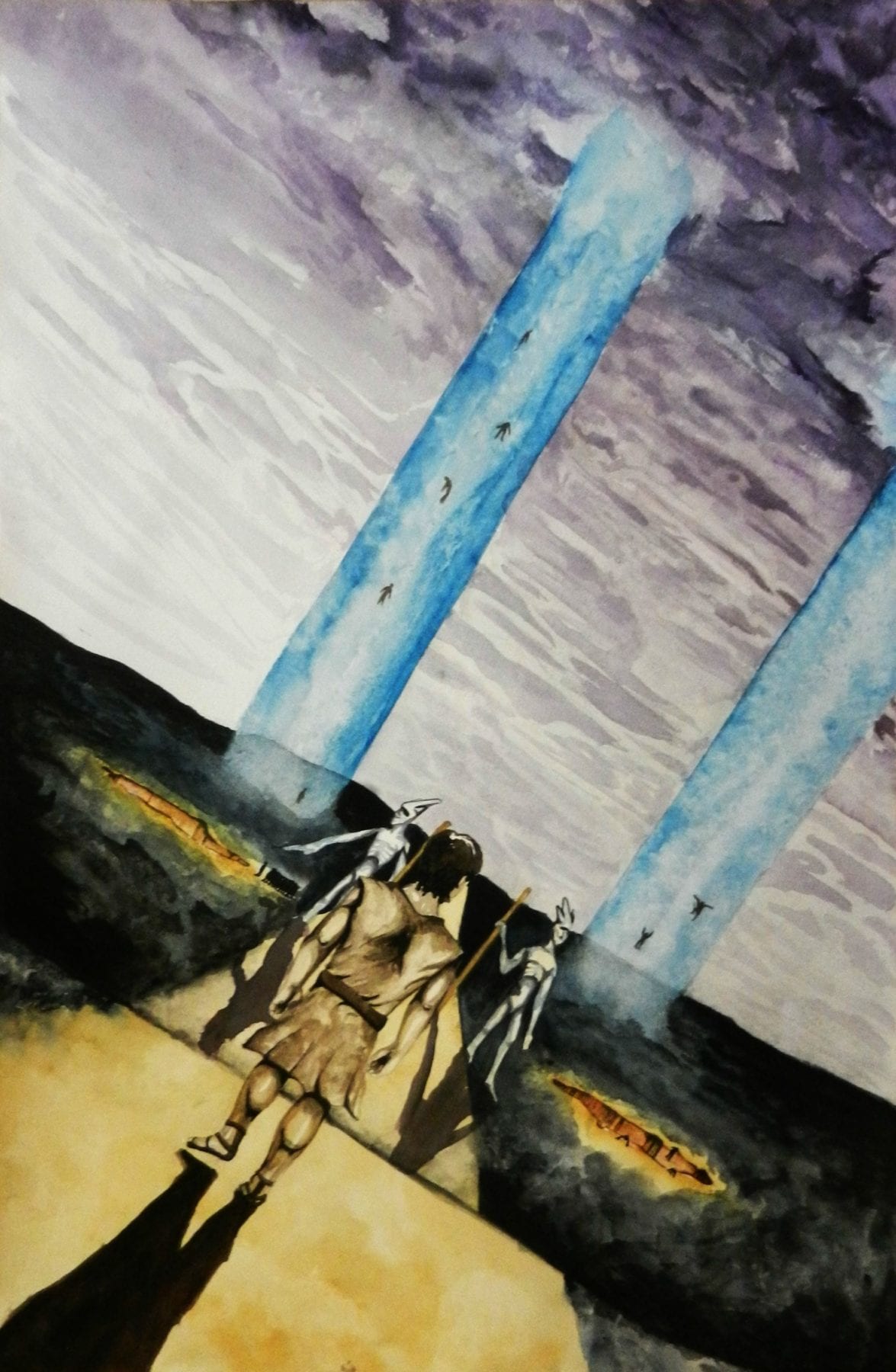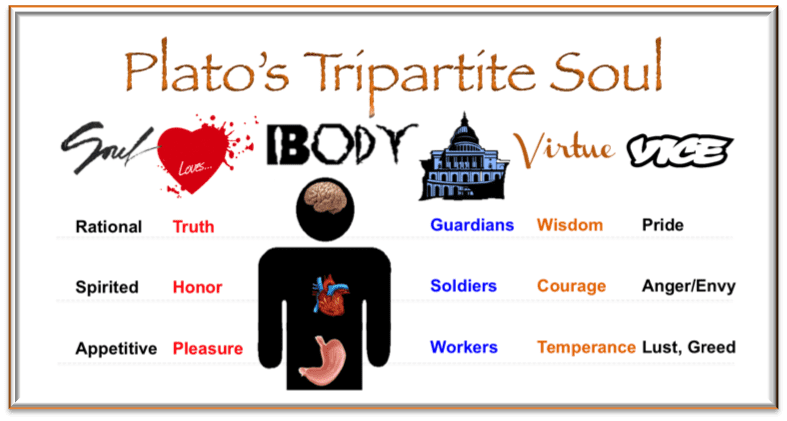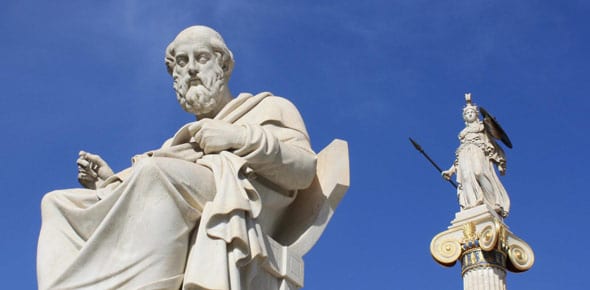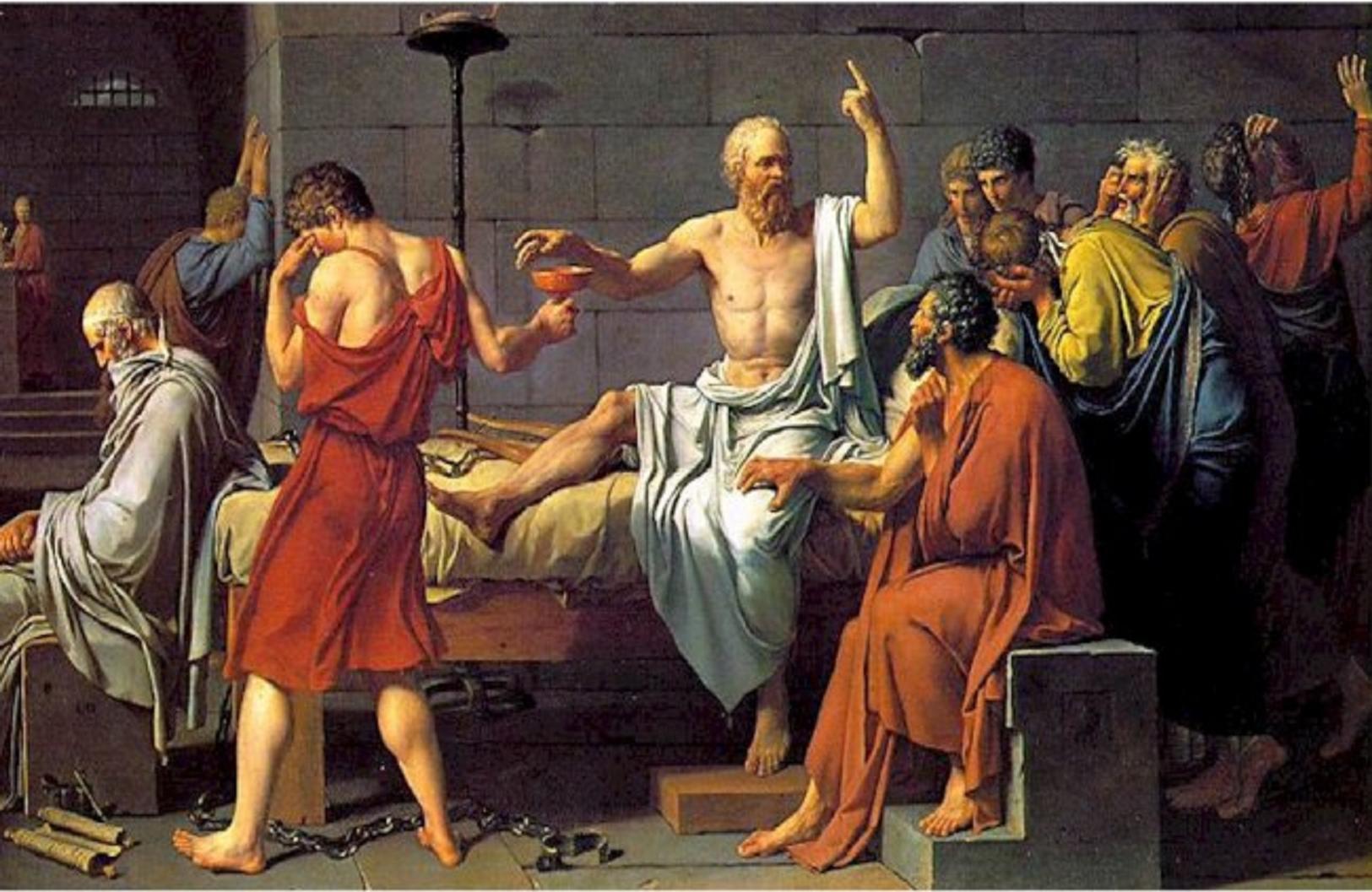Defintions
Matter (I)- That out of which something comes to be and which persists in the result
Nature (II) – an intrinsic principle of motion and rest which belongs to the thing essentially((a part of the very constitution of
The “visible” plan of the Republic
G158/A81
Introduction : the five challenges
Prologue : the setting
327a-369b (39)
327a-328c ( 1)
G5/A5
— Cephalus : ambiguity, social justice, fear of Hades
Tyrannical Person: proofs that the just are happier than the unjust
Lawless friends plus money from a father = a democrat, when you add smarts and depresssion and lawless ruler…you get tyrant.
First proof that justice is happier state(571b-c):
Review of the Aristocracy
(543)Socrates picks up the argument that was interrupted in Book V. Glaucon remembers that Socrates was about to describe the four types of unjust regime along with their corresponding unjust individuals (543c-544b).
kings excell in
3 Waves of Objections/Somatic Unit of Polis (449a-474a; V.1–V.16)
Socrates is about to embark on a discussion of the unjust political regimes and the corresponding unjust individuals when he is interrupted by Adeimantus and Polemarchus (449a-b).
Men/women are equal in
Genesis of the Polis (369a-434d)
(367b) They ask Socrates to defend justice for its own sake, not for its benefits to ones reputation. He admits this is no small task.
(368c-369a) He proposes to look for justice in the
PROLOGUE of The Republic
“Tales” (myths) about injustice (327a-368d) Bk. I
(327a) Socrates was on his way with Glaucon to pray at the Piraeus and see how the festival in honor of the Thracian goddess Bendis would be conducted.
In the Phaedo, Socrates defends the immortality of the soul and gives an account of the purpose of the philosophical life. The book follows the pattern of an epic poet and resembles an entrance and a return. We can divide the text






